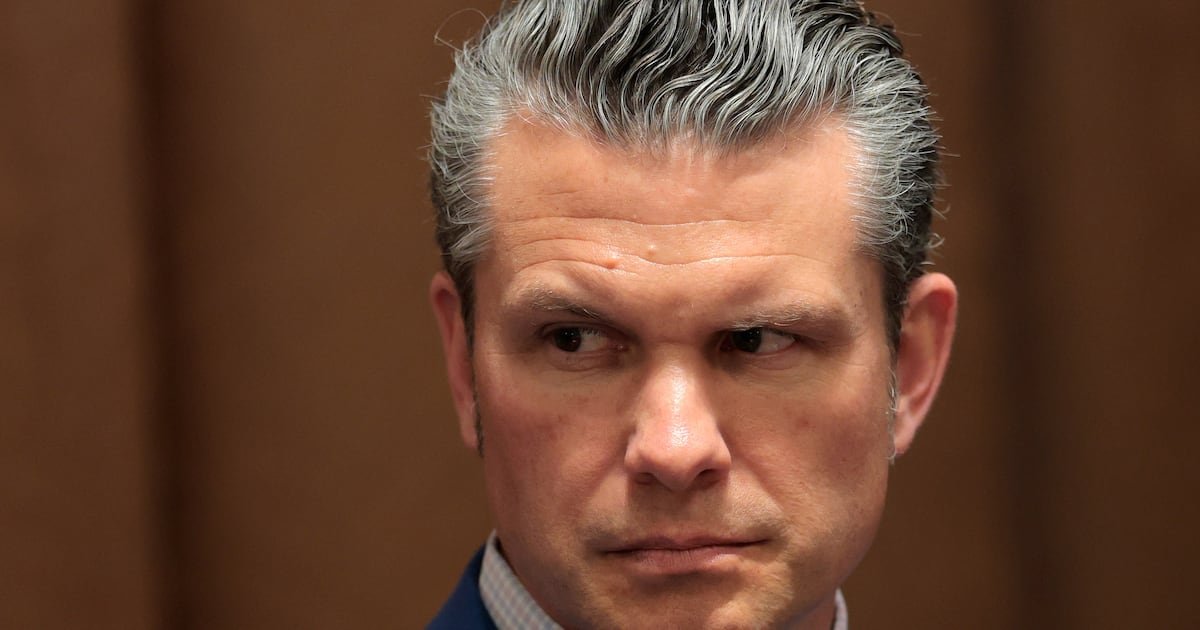Twitter was widely praised when it announced its new “family leave” policy this week that gives new moms and dads 20 paid weeks off. That’s swell. But the company’s not actually offering paid family leave but paid parental leave, which is not the same thing.
The glowing coverage of Twitter’s policy highlights a problematic blind spot that still plagues discussions of how to make workplaces more family-friendly, and welcoming to underrepresented groups.
There are a staggering 44 million unpaid eldercare providers in the U.S.
This number may come as a surprise to some but not to me. Multiple members of my family have struggled to care for elderly relatives while also juggling full-time jobs, as have several of my friends. They have canceled meetings at the last minute because an older relative endured a bad fall, begged for an extension on a project because a relative with dementia went missing, missed work unexpectedly because a relative with diabetes had to be rushed to the emergency room, and on and on and on.
Among the people I personally know struggling to provide eldercare, about half have children of their own, while half do not. Which prompts the question: Why are we still treating maternity and paternity leave as though they are the holy grail of family leave?
While we’ve become more progressive in how we define families (mixed-race families are now the fastest-growing demographic in America, same-sex families are on the rise, and the number of single and child-free women is higher than it has ever been), culturally we still celebrate those who choose to marry and have children as though that is a superior life choice.
It’s not.
I'm not saying that choosing to marry and have children is an inferior choice. But I am saying those are choices, among many family choices, and that if I were a Twitter employee I’d have a real problem being told that if I got pregnant or adopted a child I’d have five paid months off to bond with my baby, but if my parent were dying from Alzheimer’s I’d have to work out my vacation days with my supervisor.
I’m not blaming Twitter or other companies with similar policies. Parental leave is one real step toward real family leave. But I believe the excessive focus on new parents above other caretakers stems from a miscalculation by some progressive and feminist advocates who have long argued that paid maternity leave is a necessary tool to level the playing field for women in the workplace. The thinking goes that women eventually see their careers slowed by the choice to have children so some women in desperation either end up abandoning their careers or forgoing motherhood altogether. The tragedy!
But this thinking is as much a throwback to second-wave feminism as bell-bottoms. Not every woman wants to be a mother. Not every woman wants an ambitious career.
If someone wants to follow Michelle Duggar’s lead and have more than a dozen kids I don’t see it as a workplace’s responsibility to accommodate her clear choice to prioritize having and raising children. And no amount of progressive parental leave policies will clear the path for her to become CEO with that many kids in tow.
On the other hand, no woman, or man, should have professional prospects completely derailed because of reasonable family demands. That may entail parental leave for the birth of two kids, or family leave for two aging parents.
Finally, companies and lawmakers need to follow New York’s lead. The state’s new family leave law truly lives up to its name, and, I hope, will not only inspire similar laws in other states but hopefully change how we talk about the needs of women and families in the workplace.
During her presidential campaign Carly Fiorina was criticized by many women for not supporting a federal mandate for paid maternity leave. But why should anyone have expected her to? She never had children of her own.
Which speaks to the larger problem with limiting the concept of family leave to parents. If it takes a village to raise a child, it also takes a village to support every family when it struggles. And when you divide families into categories, you weaken that village.
Every employee who takes parental leave will need someone to cover for her at work. And that means she needs that person to embrace the concept of her leave—whether that person has kids or not. One way to do that is to make it clear that the village will support the other person if his family—however he defines it—ever needs him.
Fiorina’s family struggled with her stepdaughter’s substance abuse issues. So maybe instead of hammering her about “maternity leave,” I wonder what she would have said had someone asked her about broadening family leave for families caring for a loved one battling addiction.
If we really want to level the playing field for women and families in the workplace, it’s time to redefine what “family friendly” means. For starters, we should challenge media members and public officials to stop the lazy practice of using “family leave” to refer to “parental leave.”
And we should stop having the same antiquated arguments over and over again. I for one am sick of the same op-eds and cable news debates about maternity leave and the so-called “mommy wars.” Instead, we need to broader and more nuanced discussion of how we can ensure that good people don’t feel forced to choose between being a good mother, good daughter, or a valued employee.






